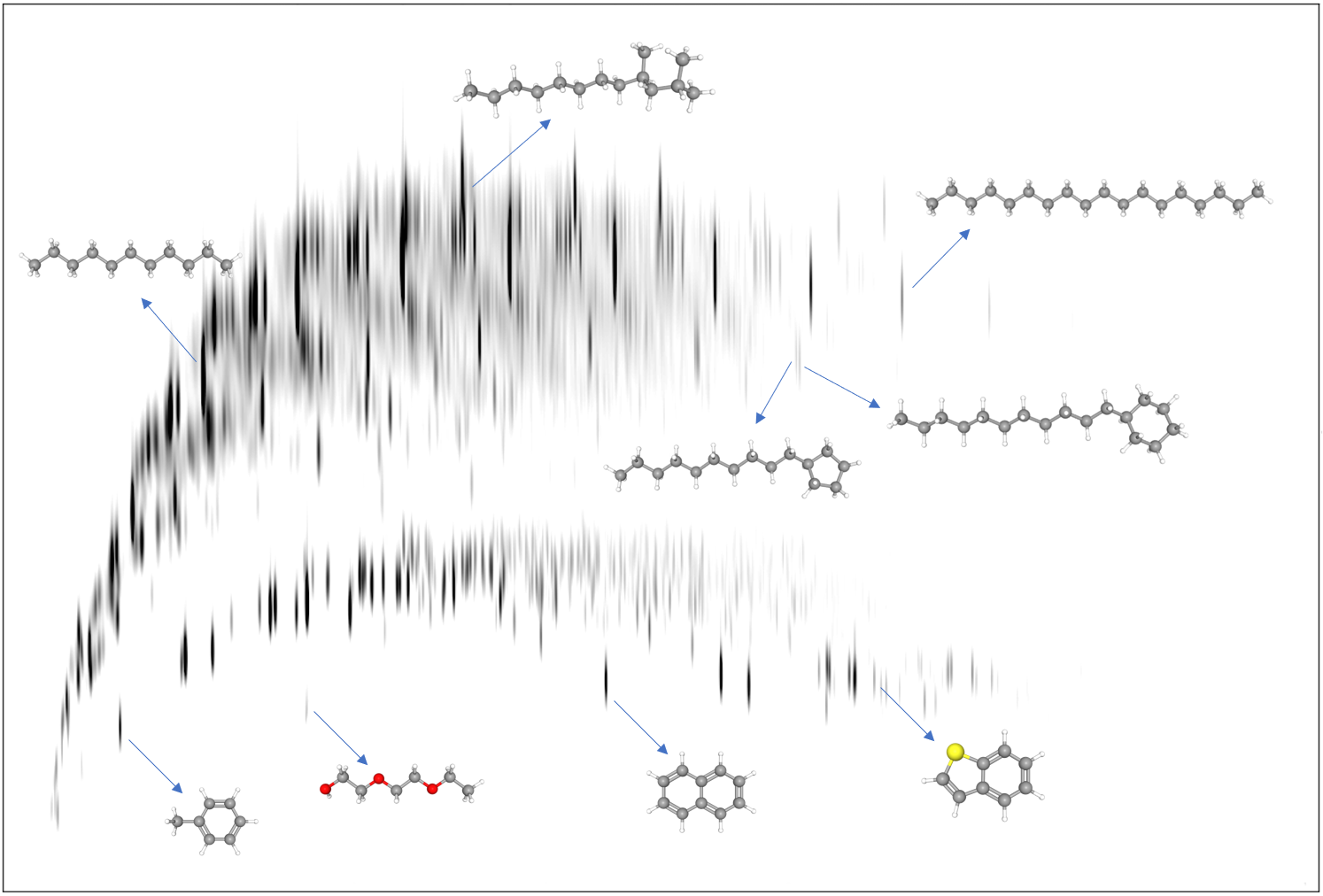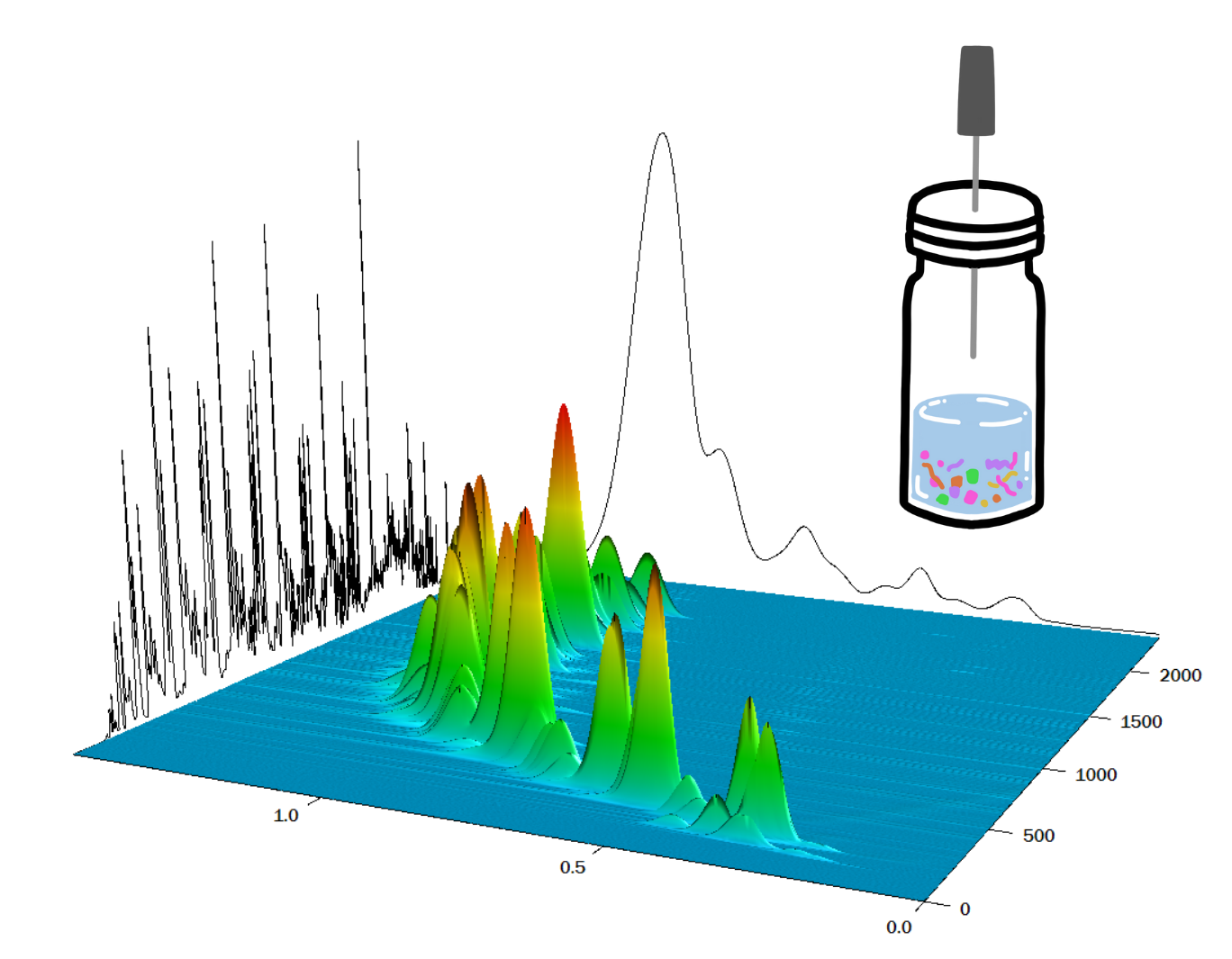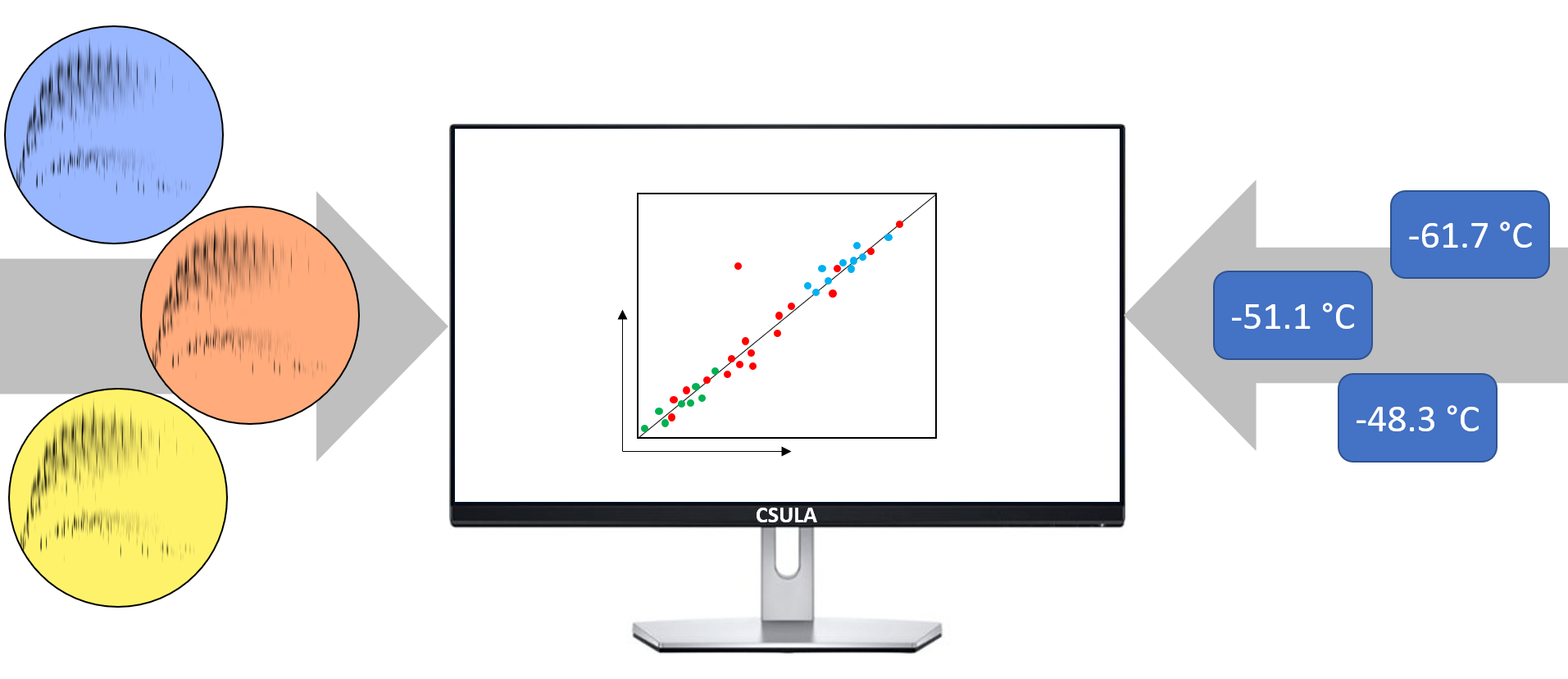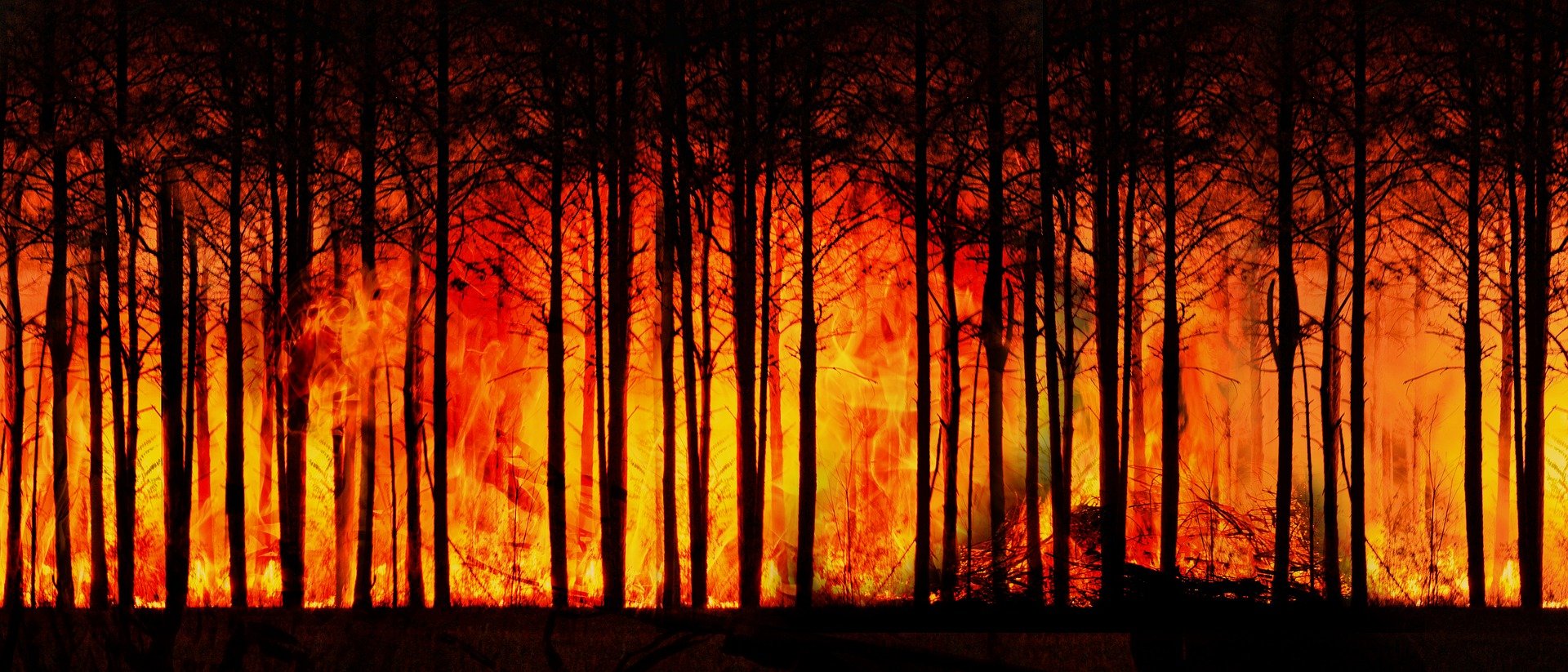Detailed Analysis of Complex Chemical Mixtures
Complex chemical mixtures (e.g., fuels, environmental air, human breath, food, perfumes, pharmaceuticals) are combinations of tens, hundreds, or thousands of chemicals, and of which the composition is qualitatively and quantitatively not fully known. Dr. Vozka research group utilizes comprehensive two-dimensional gas chromatography (GCxGC) techniques for quantitative and qualitative (targeted and untargeted) analyses of various gas and liquid samples.
Mapping Biodegradation of Subsurface Oil in Huntington Beach Sands
In October 2021, a failure occurred in a pipeline connecting the Port of Long Beach to an offshore oil platform resulting in ~140,000 gallons of post-production crude oil being washed up on local beaches. This project aims to study the interactions between beach sands and oil via GC×GC to understand the human health risks from oil-polluted beaches better. This project is funded by the California State University Council on Ocean Affairs, Science & Technology (COAST).
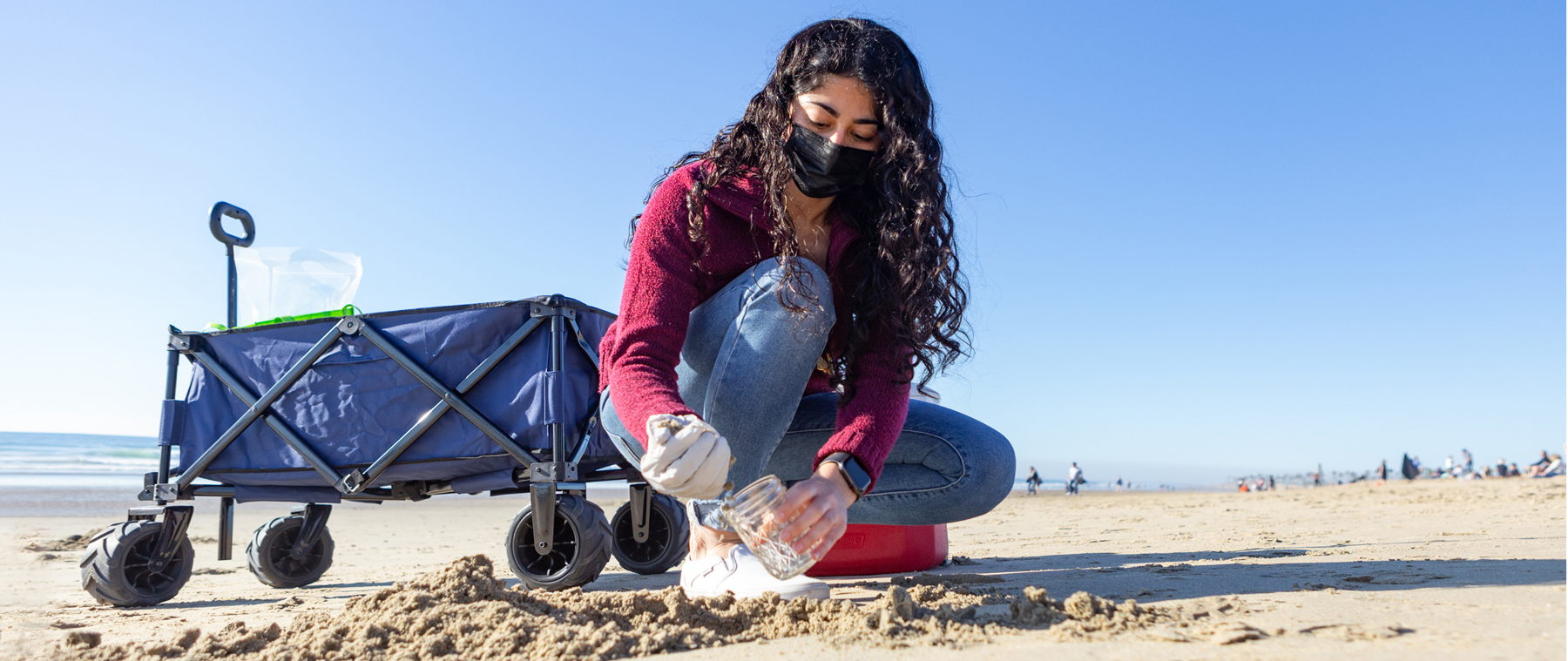
More information in the California State University News.
Microplastics Analysis
Microplastics (MPs) have been found in drinking water, plant roots, animals, human organs, as well as in the human placenta. MPs release toxic substances (additives originating from plastics) or serve as carriers for other organic compounds and pathogens. Their impact on human health is potentially significant but still unknown. Dr. Vozka research group utilizes GCxGC techniques together with headspace and SPME fiber injections for quantitative and qualitative analyses of MPs samples.
More information in the NewsChannel 5 news.
Chemometrics
Data analysis is an important step for extracting information from chemical systems. Our main goal is to fundamentally understand and describe how the chemical composition influences the properties of complex chemical mixtures on a molecular level. Current projects include the description of the relationship between hydrocarbon mixtures' chemical composition and their freezing points.
Chemical Conversion of Plastic Waste into Fuel
By 2050, there will be more plastic waste in oceans than fish. Our lab collaborates with Nien-Hwa Linda Wang, Maxine Spencer Nichols Professor of Chemical Engineering from Purdue University to improve her new chemical conversion process. Dr. Wang's technology utilizes plastic wastes and converting them into useable chemicals, polymers, and liquid transportation fuels such as gasoline and diesel.
For more details, please visit Dr. Wang's research website.
